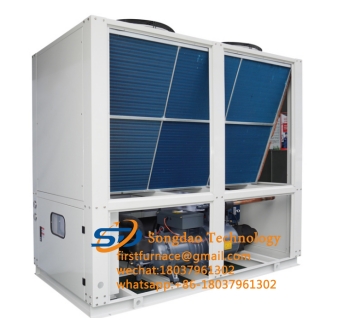- 01
- Dec
Why does the thermal expansion valve in the refrigeration system control the flow of refrigerant?
Why does the thermal expansion valve in the refrigeration system control the flow of refrigerant?
If there is no thermal expansion valve to limit and throttle the liquid supply, liquid refrigerant that exceeds the evaporation capacity of the evaporator will enter the evaporation process. If this is the case, the evaporation of the evaporator will not be able to meet the demand for large liquid supply. It also affects the subsequent compressors and condensers, causing a chain reaction.

If the superheat induction failure of the expansion valve at the outlet of the evaporator, the thermal expansion valve will not control the liquid supply and flow rate. In this way, without the thermal expansion valve for depressurization and depressurization, the superheat cannot be passed. It is impossible to ensure that the valve can be opened and closed as required. This will cause the evaporator to fail to evaporate the liquid refrigerant completely, causing a large amount of liquid refrigerant to be included in the compressor, causing liquid hammer phenomenon, and also increasing the cooling effect. discount.
